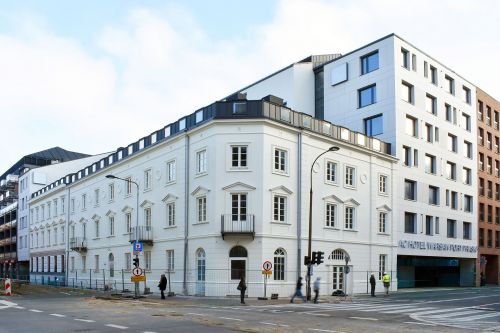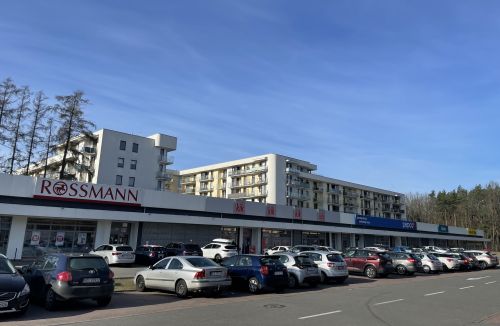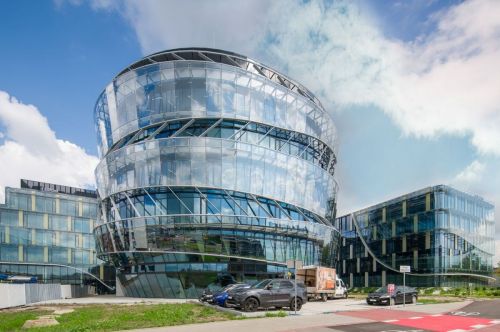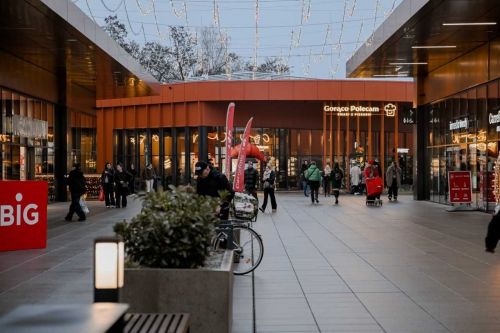Aneta Cichla, ‘Eurobuild CEE’: What’s kind of shape is the Polish retail sector currently in?
Rafał Pruba, leasing department director, ECE Projektmanagement Polska: I‘ve worked in the retail sector for many years and it’s obvious to me that there is a certain cycle – some concepts take off, tenants introduce new products, while others have to pull out of the market for various reasons. It was, is and will continue to be much the same. I’m more curious as to whether the owners of brands that were launched many years ago are aware of the need to adapt their business models to the generational changes taking place and the new expectations of a younger generation of customers. I believe that their needs have to be constantly taken into account and their shopping habits should be scrutinised so that right goods and services are made available to them – and if this isn’t enough, then it should prompt a change in this business’s p































































